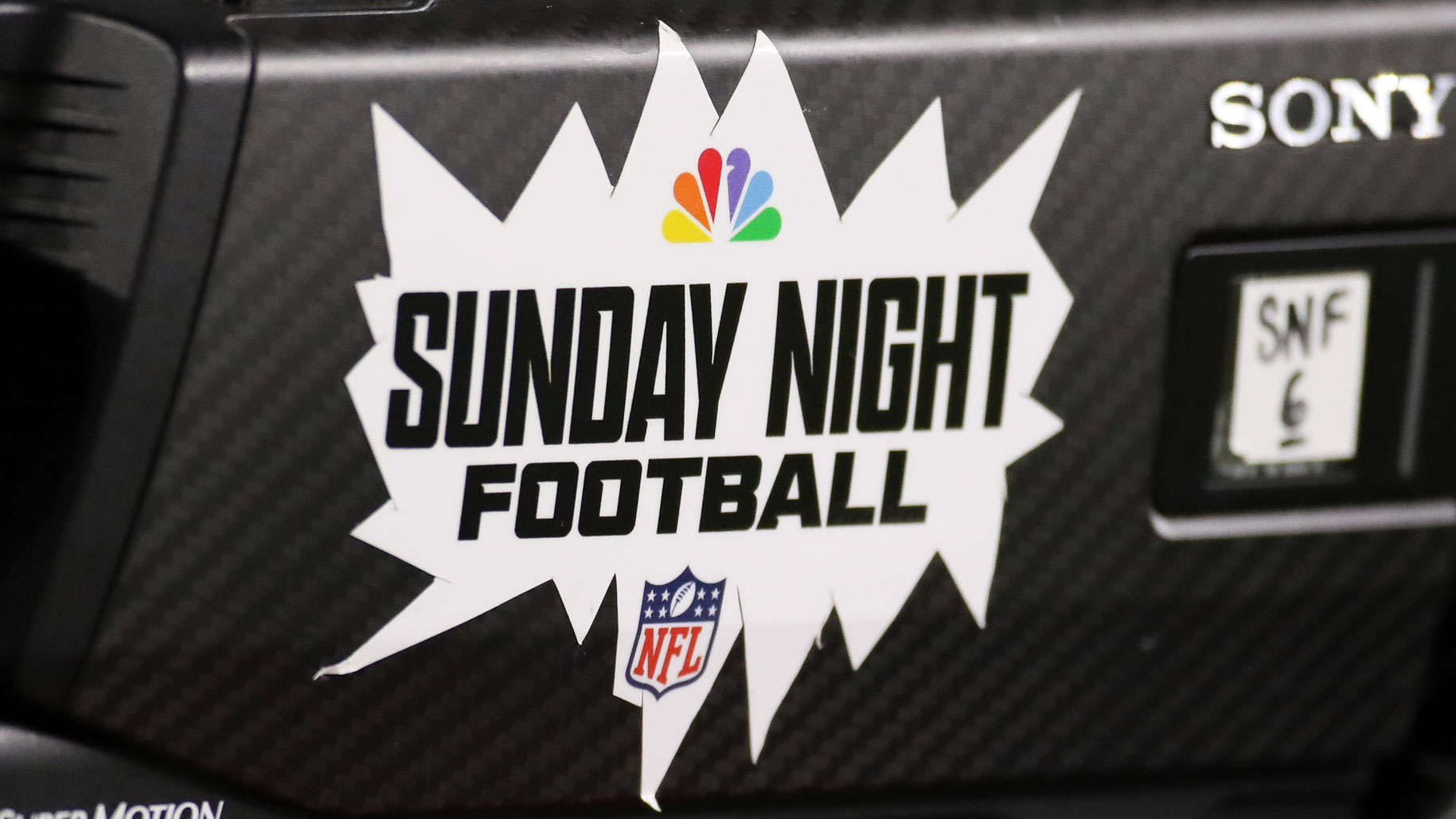The NFL schedule release is one of the most exciting moments of the offseason. While it’s great to see all 272 games lined up months before anyone takes the field, the initial plan is never likely to be the final product.
The league sets up the schedule with intriguing primetime matchups in mind. However, once the season starts, a once-promising showdown can turn into a dud. On the other side, a Sunday afternoon matchup that didn’t stand out on the initial schedule could later become a highly anticipated contest worthy of its own time slot.
That’s where “flexible scheduling” comes in, and it’s undergone some recent changes.
Here’s a look at the NFL’s procedure for moving games around during the season.
What is NFL flex scheduling?
The NFL introduced flex scheduling in 2006 as a way to make sure there was a quality matchup on NBC’s Sunday Night Football each week.
Get Tri-state area news delivered to your inbox. Sign up for NBC New York's News Headlines newsletter.
While the NFL had the ability to move games through postponements prior to the founding of flex scheduling, the system allows the NFL and networks to move games from their original kickoff times based on intrigue.
How does NFL flex scheduling work?
Flex scheduling for Sunday Night Football can be used twice between Weeks 5-10 and anytime between Weeks 11-17.
Through 2022, flex scheduling only impacted Sunday Night Football. Starting in 2023, however, the league opened that option up for Monday Night Football and Thursday Night Football.
The league can flex games in and out of Monday Night Football anytime between Weeks 12-17. The Thursday Night Football rules are slightly more strict, as the NFL can only flex games in and out of that spot a maximum of two times per season and do so between Weeks 13-17.
A Sunday afternoon game with a kickoff time of 1 p.m., 4:05 p.m. or 4:25 p.m. ET time can be moved into any of the three weekly primetime slots, while the tentatively scheduled primetime game would be moved to Sunday afternoon. Games can also be moved from 1 p.m. to either 4:05 p.m. or 4:25 p.m. ET, and vice-versa.
The NFL decides which games will be flexed after consulting with networks.
How far in advance can the NFL flex a game?
For Sunday Night Football games from Weeks 5-13, the league must provide 12 days notice before flexing. That time period is reduced to six days for Sunday Night Football games from Weeks 14-17.
When it comes to Week 18, the league wants to ensure Sunday Night Football has a game with meaningful playoff implications to serve as the regular season finale. Since those playoff implications are not fully known until the conclusion of Week 17, Week 18 flex scheduling also requires only six days notice. The two Saturday games in Week 18 must also be decided by the prior Monday.
All Monday Night Football flexing must be finalized at least 12 days before the game.
With an even more significant change in days, Thursday Night Football flexing decisions must be made at least 28 days ahead of time.
How does flex scheduling affect fans?
Fans need to be mindful of the NFL’s flex scheduling policies. Tickets do not change even if the NFL moves a game’s kickoff time.
The NFL’s flex scheduling can lead to major travel and logistical challenges for teams and fans who made arrangements for a specific date.




